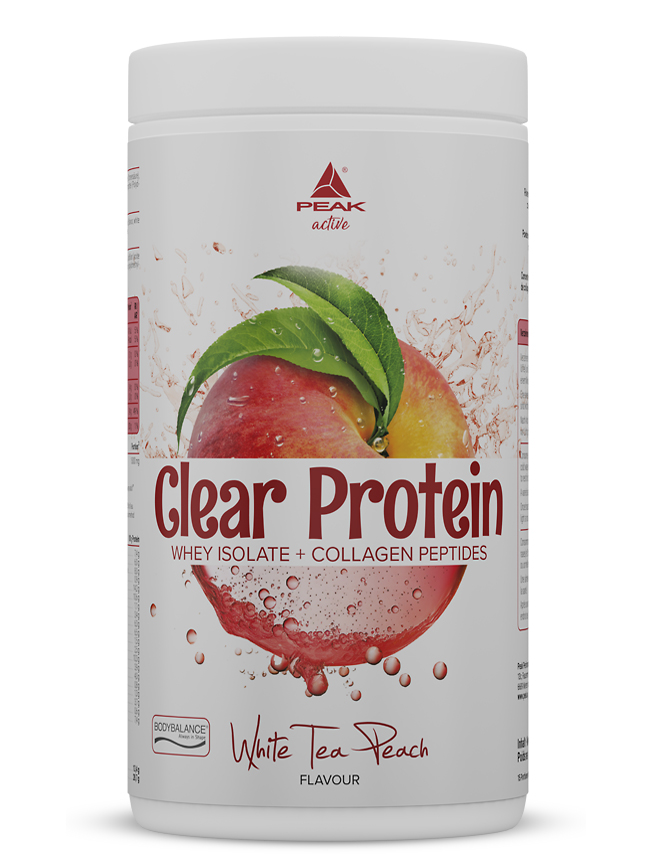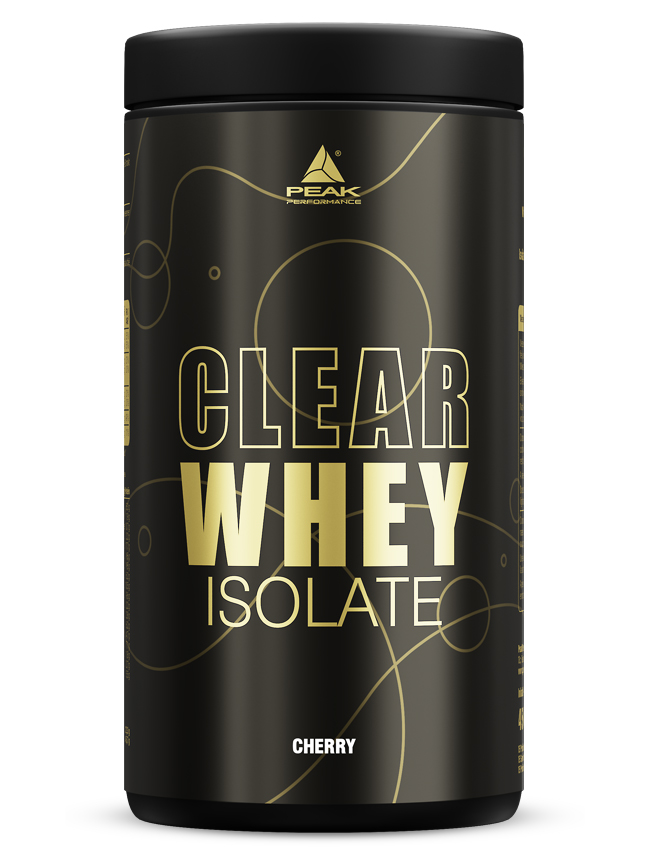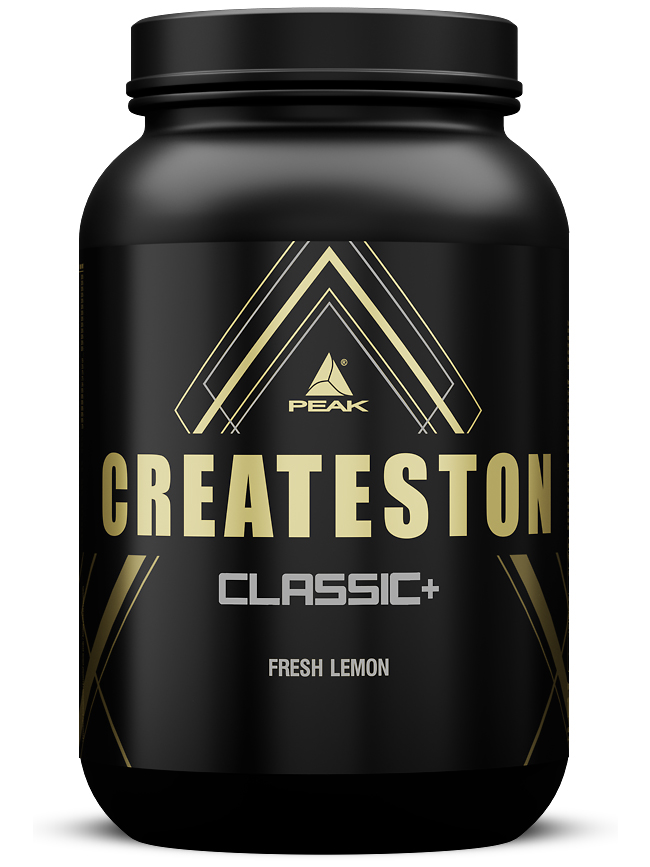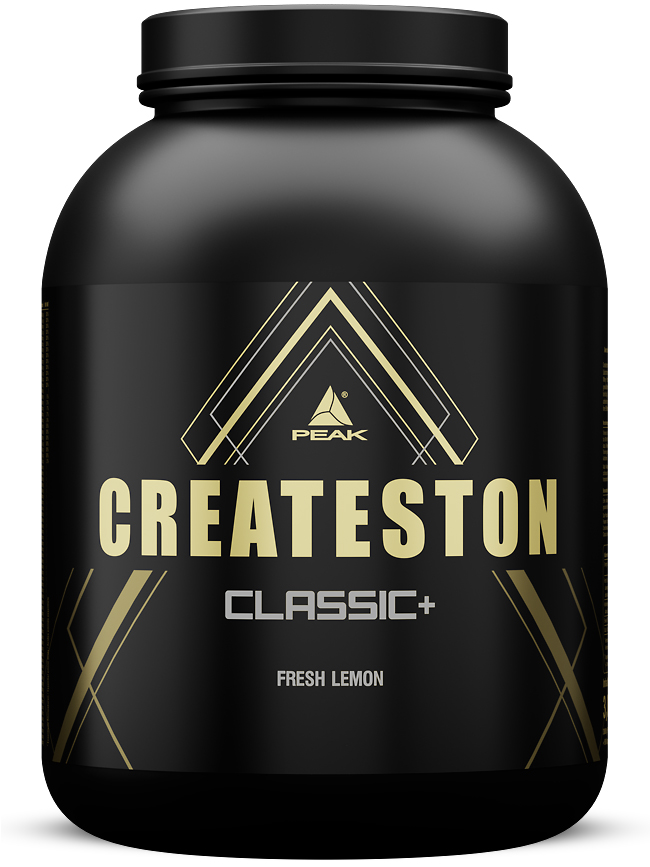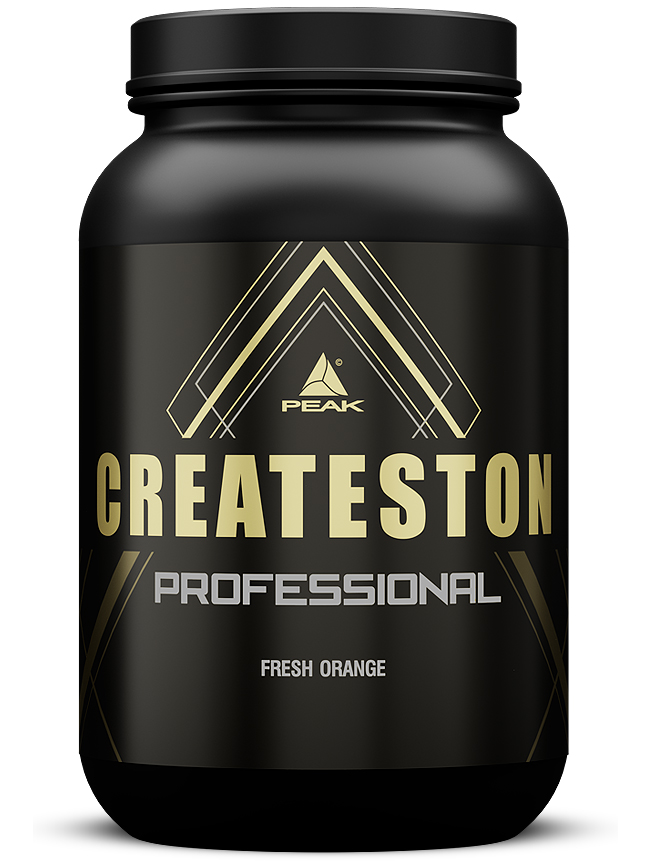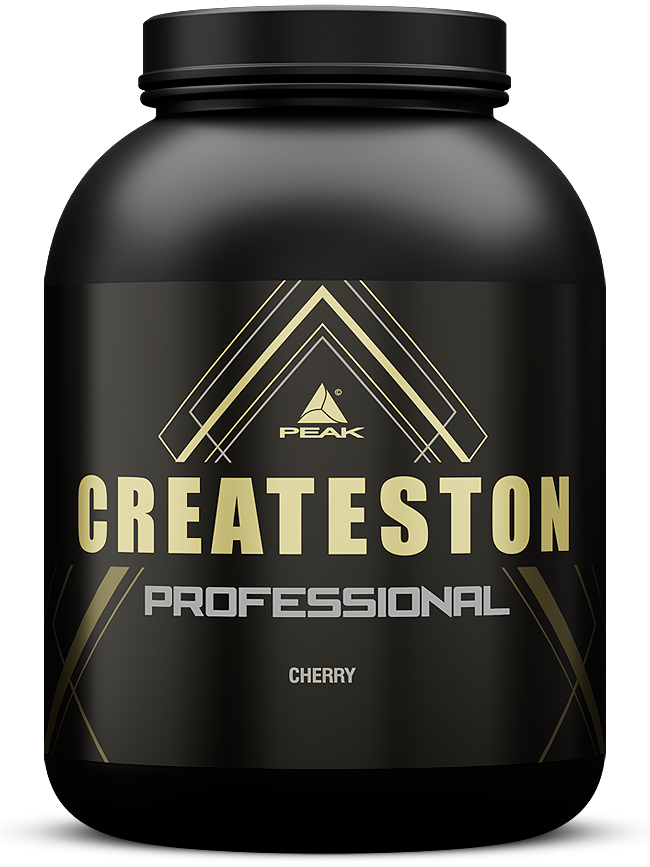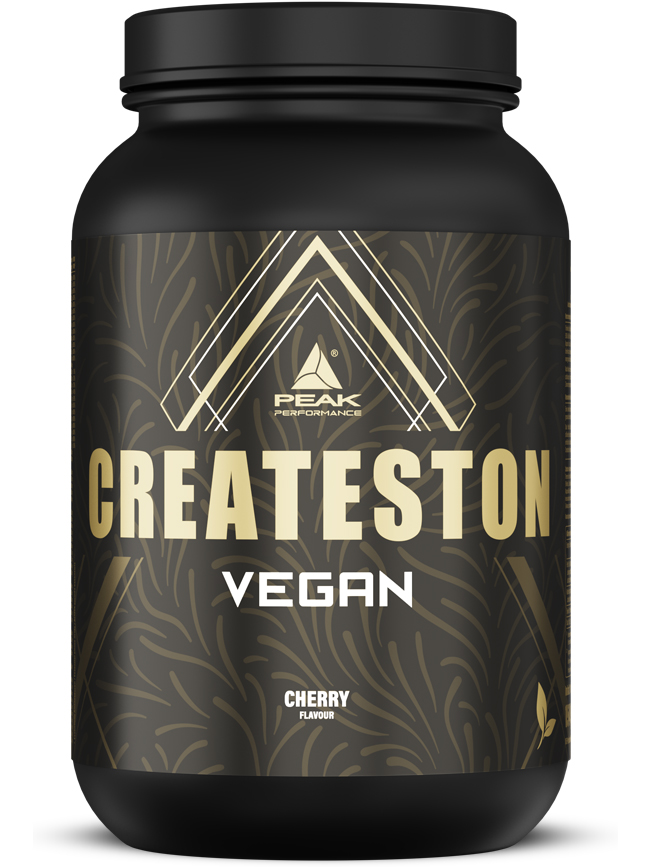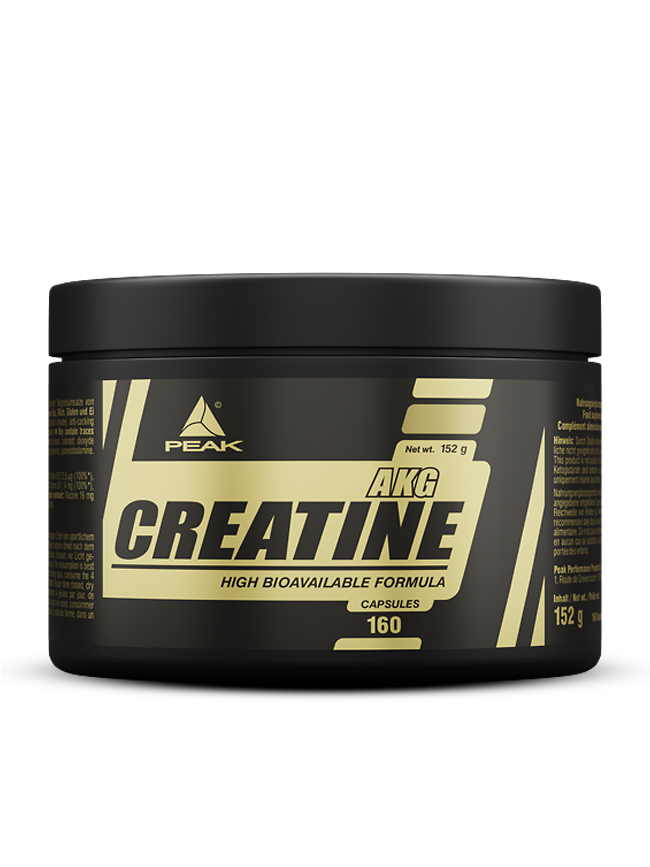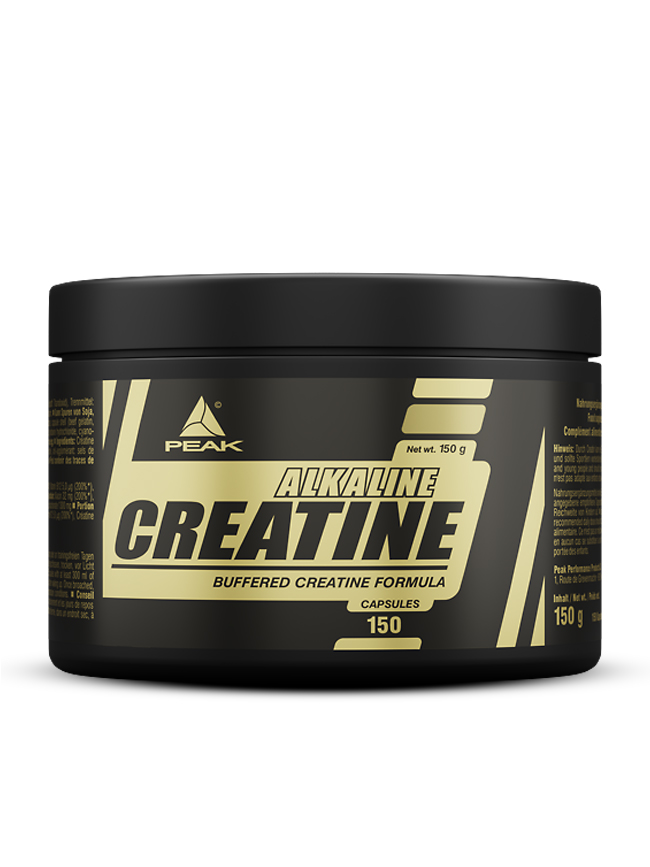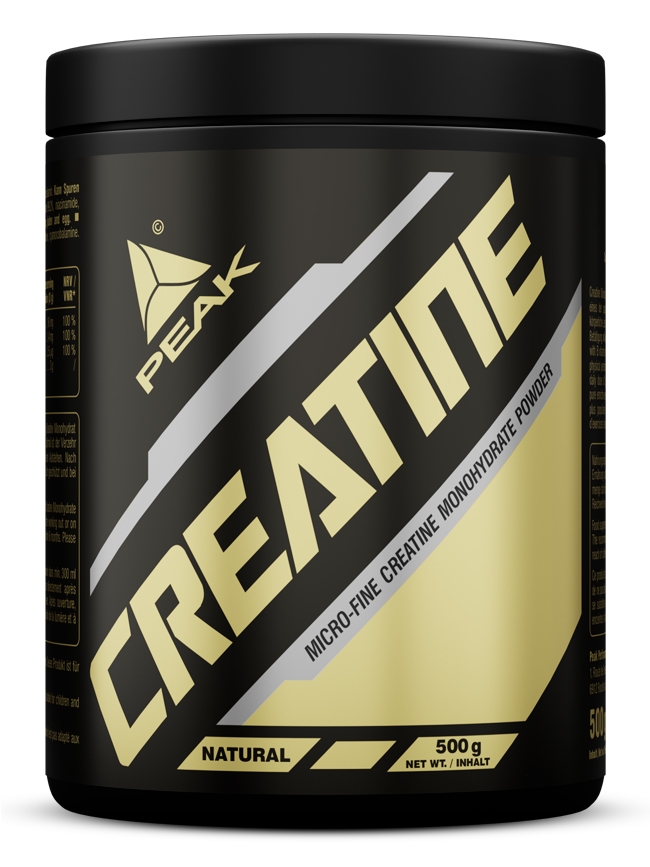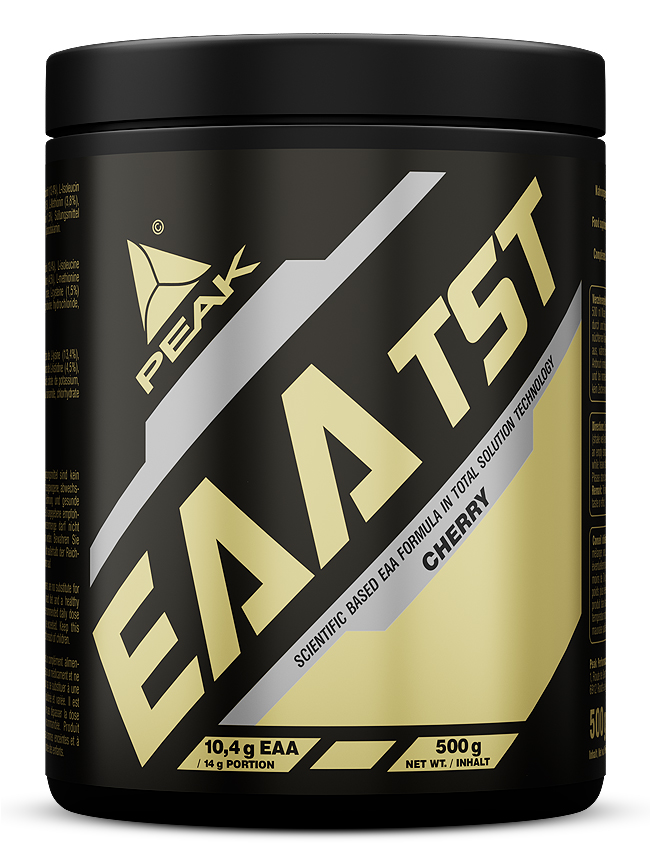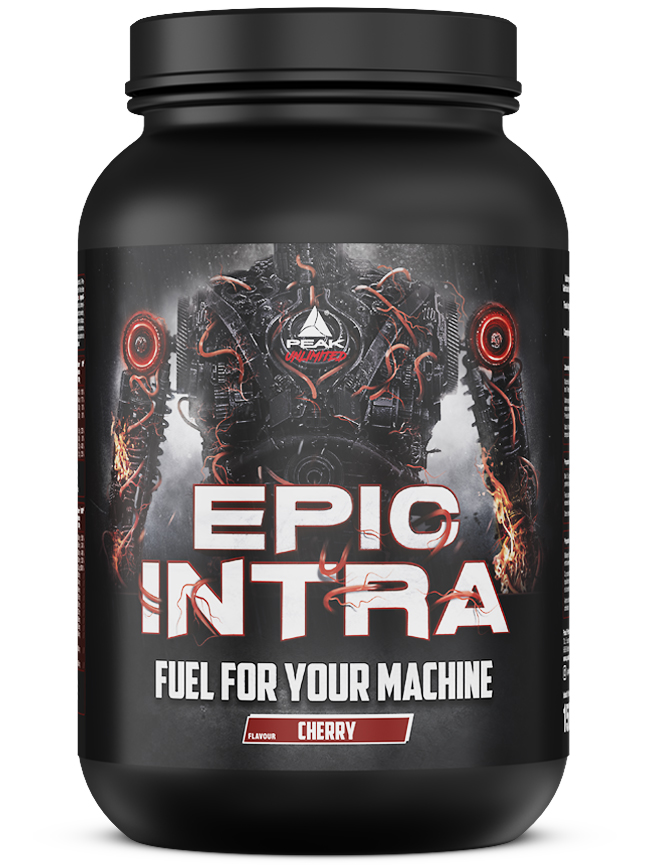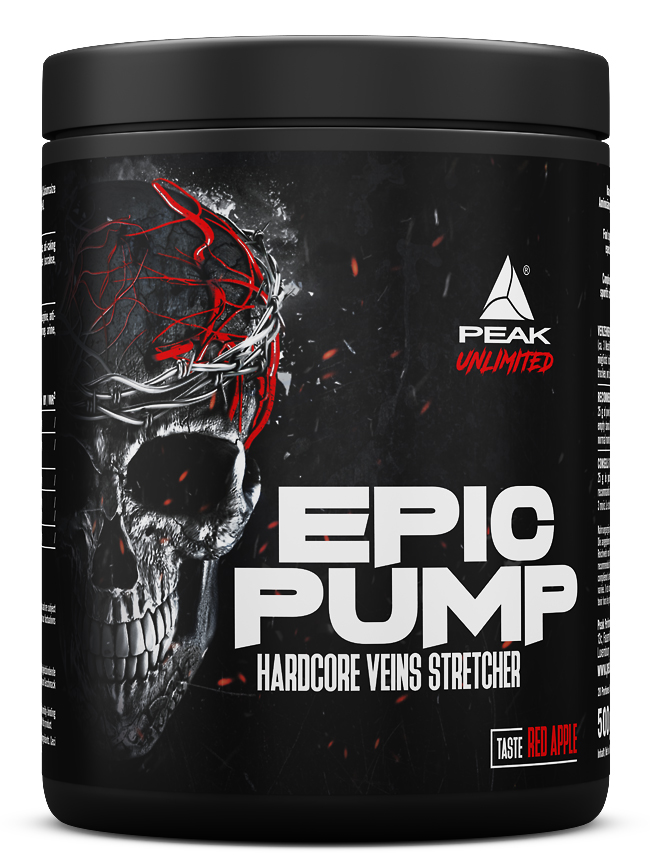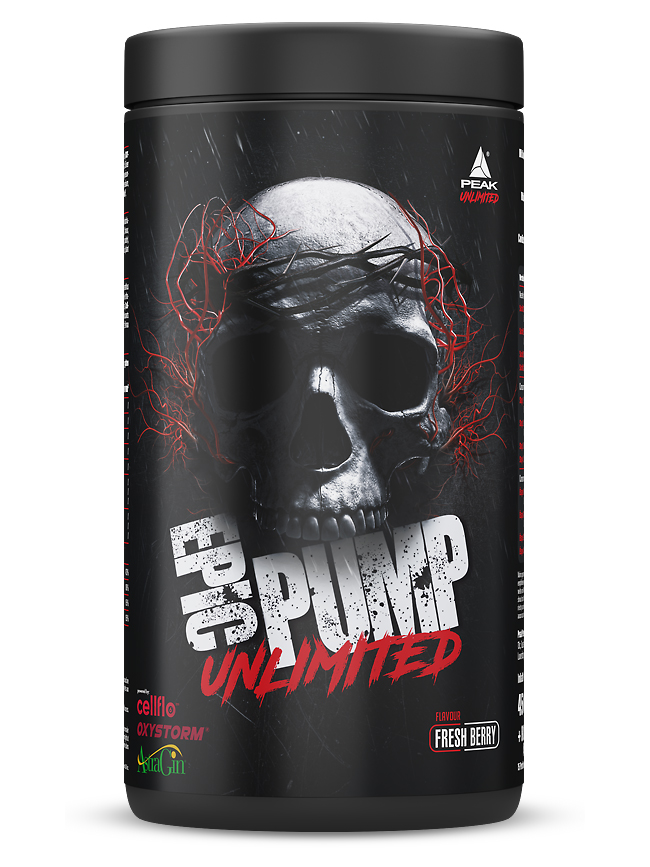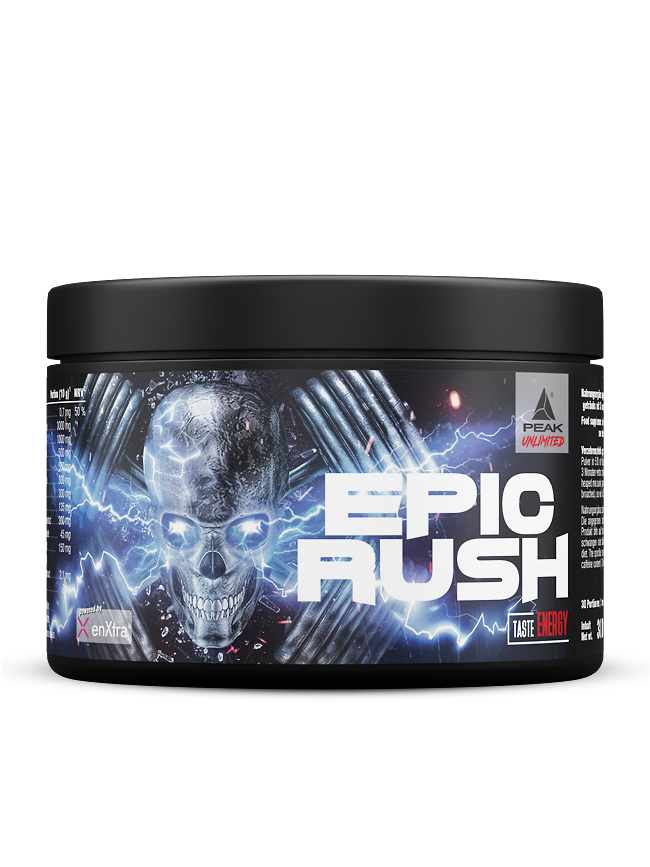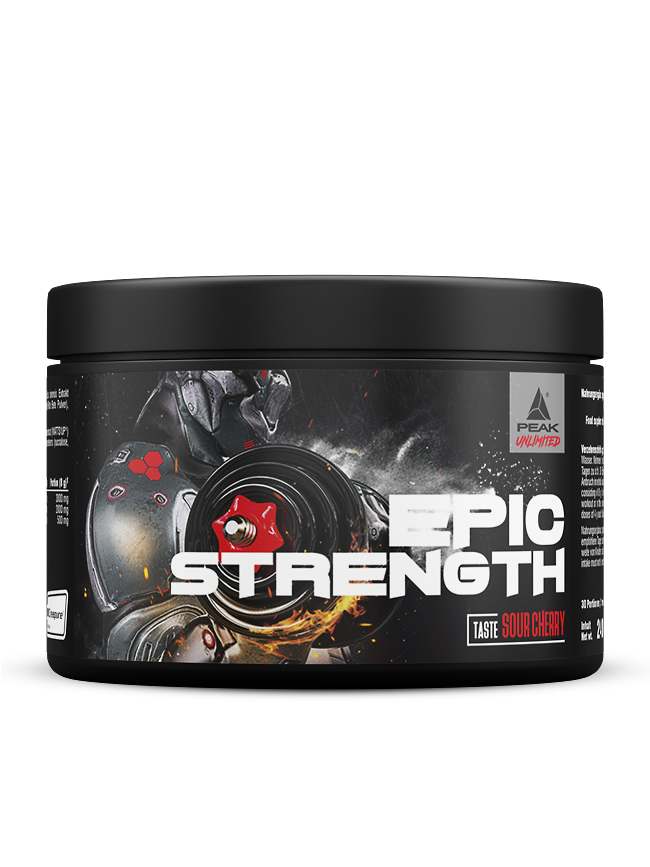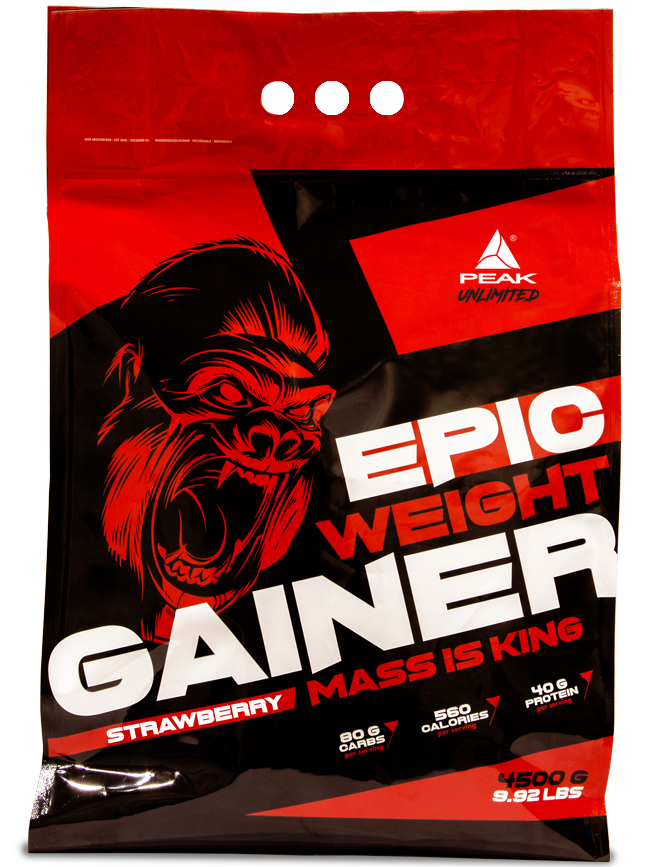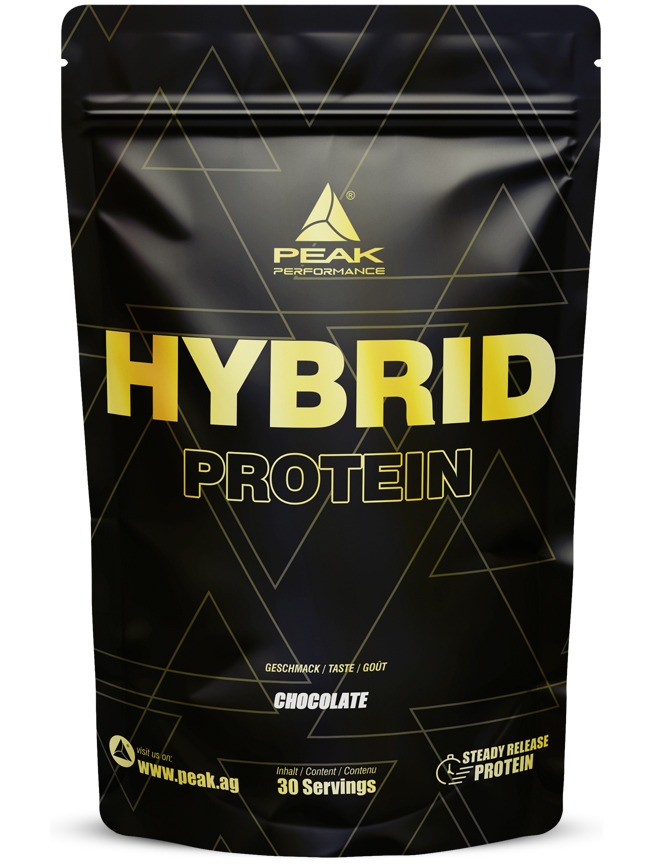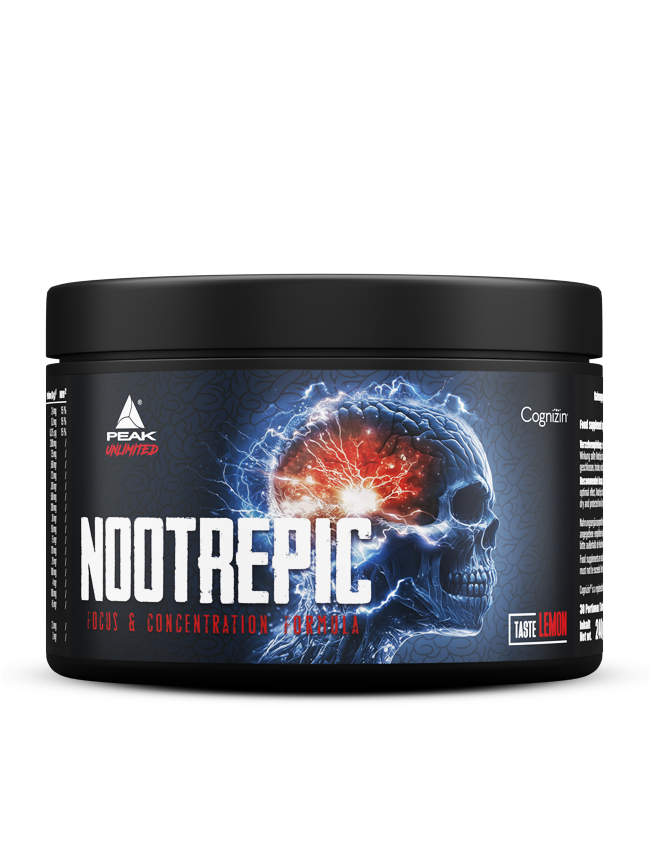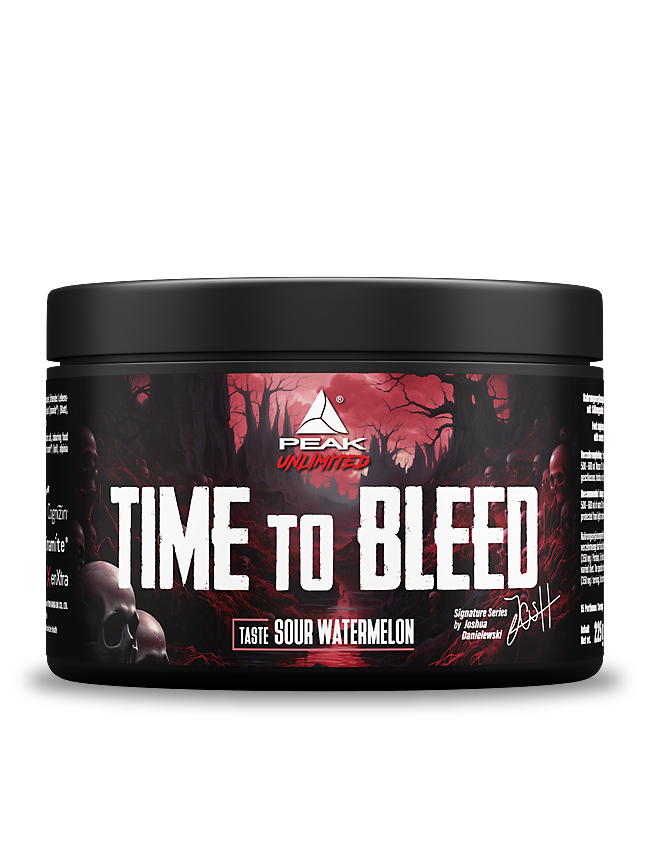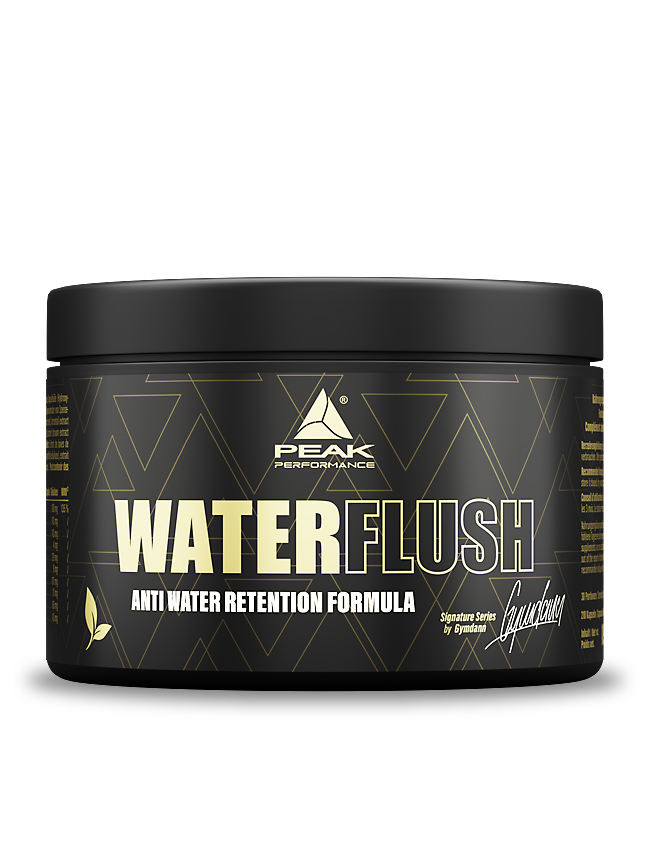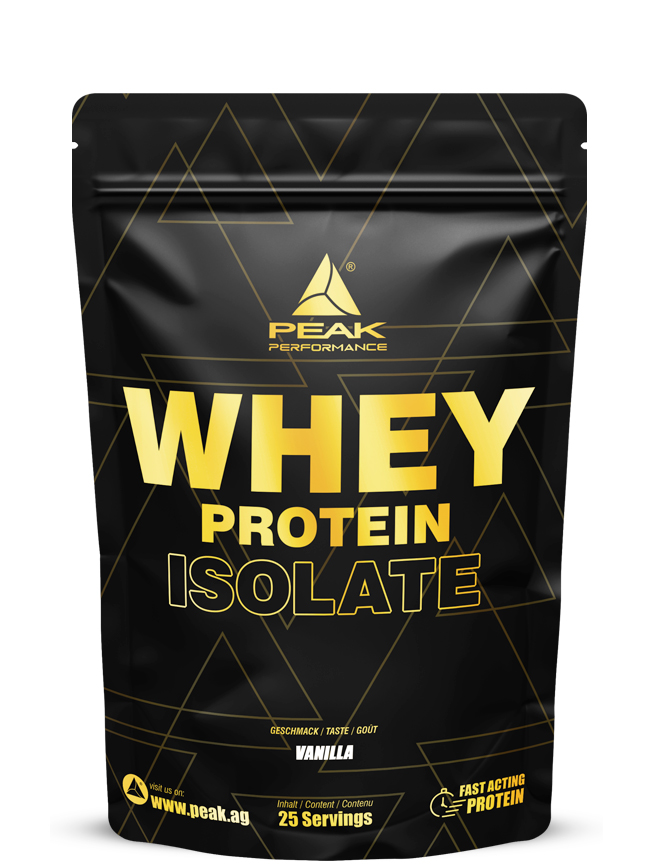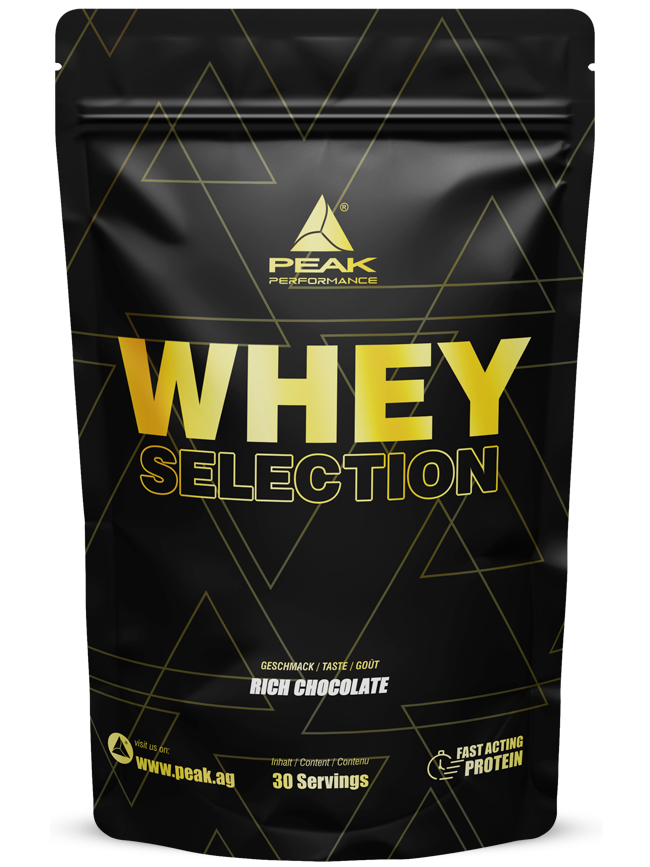
Bodybuilding – A 24-hour lifestyle
What actually is bodybuilding?
The term bodybuilding refers to a sport that pursues the goal of symmetrical muscle building. In addition to maximising muscle mass, a bodybuilder's agenda includes keeping the body fat percentage as low as possible so that muscle definition is shown to its best advantage.
In addition to training, a bodybuilder's diet and lifestyle play an overriding role in achieving the appearance they strive for.
The result of the hard work is presented in bodybuilding competitions, in which the bodies of the participants are examined, compared and judged by a jury.
The bodybuilding training
In bodybuilding, it is the visual appearance of the muscles that counts and not the power output that the muscle is capable of. Consequently, bodybuilding is different from weight training, although weight training is also carried out to build muscle. Bodybuilding is a sport in which the body is built up.
In order to build up the muscle mass necessary for bodybuilding, so-called hypertrophy training is pursued. Hypertrophy is the growth in thickness of the muscles. A repetition range of 6 – 12 repetitions is recommended for muscle building training. In order to trigger muscle growth, a suprathreshold training stimulus must be triggered by intensive strength training. The human organism reacts to this stimulus by adapting and, among other things, building up muscle mass. A progressive increase in load is necessary to achieve steady progress in muscle building. In concrete terms, this means that in each training session either an increase in the training weight, a higher number of repetitions performed or a higher training volume should be aimed for. In order to achieve the greatest possible success, it is also beneficial to vary the load. This can be done, for example, by changing the order of training, the order of exercises in the workout or by adjusting the length of breaks.
The most important thing, however, is to aim for a higher number of repetitions or a higher volume of exercise.
The most important thing, however, is the balance between load and unload, because muscle growth can only take place if this is the case. The adaptations (adaptation processes) are caused by the training, but only take place in the subsequent regeneration phase.
The most important thing, however, is the balance between loading and unloading.
In addition, for successful muscle building it is essential that all efforts take place continuously and permanently. Only those who complete their training at regular intervals will be able to build muscle and thus achieve their training goal in bodybuilding.
The right diet for bodybuilders
Most bodybuilders consume significantly more meals than the average person is used to, as it is not uncommon in bodybuilding to consume five to six meals a day. In bodybuilding nutrition, a basic distinction is made between the so-called mass phase and the definition phase. In the mass phase, often referred to as the "off-season", the goal is to build muscle or mass. This is usually followed by a definition phase, in which the goal of better definition of the built-up muscle mass is to be achieved by means of a diet. In the mass phase, a bodybuilder's diet is geared towards a calorie surplus in order to provide the necessary nutrients for building muscle. The intake of sufficient protein, which is the main component of muscle, plays an important role here. In practice, a daily protein consumption of around 2.0 g per kg/body weight is recommended, although recommendations are also made that exceed this value. An adequate protein intake is particularly important in the definition phase to ensure the best possible muscle maintenance, as the risk of muscle loss is particularly high here. This causes the calorie deficit that is necessary for the successful loss of body fat in a diet, as catabolic (muscle-degrading) metabolic processes go hand in hand with this.
In addition to a sufficient protein intake, it is also important to ensure the best possible muscle maintenance.
In addition to a sufficient supply of protein, the needs-based intake of carbohydrates and fats also plays an important role in a bodybuilder's diet. The amount recommended in this regard varies according to the respective metabolic type and also depends on the desired nutritional state (mass or definition phase). In the past, fat was strictly avoided by the bodybuilder, as it was feared that definition would suffer from a fat intake. Today, however, we know that this was a misconception and that there are even benefits to be gained from a moderate fat intake. Certain fatty acids are essential and thus vital. In addition, fat is needed for the formation of hormones that are very important for bodybuilding (e.g. testosterone).
Inaccurately, little attention is often paid to the adequate intake of micronutrients (e.g. vitamins, minerals), although these are necessary for the functioning of almost all metabolic processes and are therefore of great importance for the bodybuilder.
The ideal bodybuilding diet consists of a balanced mixed diet, supplemented specifically with supplements to ensure the best possible physical development and performance.
PEAK supplements in bodybuilding
Since 2003, we have been producing supplements to help bodybuilders achieve their goals. First and foremost, we use protein powders that have been proven to help build and maintain muscle. The top priority here is the so-called Whey protein, which serves as a fast protein for an ideal post-workout supply.
In addition to fast proteins, protein supplements are also available that ensure a long-lasting supply of amino acids. Casein as a component of milk protein should be mentioned here. Because of this property, many successful bodybuilders use this slowly digestible protein in the evening, shortly before going to bed, to supply the muscles with amino acids overnight and thus contribute to building and maintaining muscle mass.
Creatine is particularly popular in bodybuilding, as this natural substance has been proven to increase physical performance during short-term intensive stress in the context of high-speed strength training when consumed in quantities of 3 g per day. This increase in performance enables, among other things, the use of a heavier training weight, which in turn leads to better results in muscle building.
Our wide product range includes many supplements that are tailored to the specific needs of a bodybuilder. The variety and quality of the products is the crucial reason why many bodybuilders trust our products.
Subscribe to our regular newsletter now and stay tuned on the latest products and special offers.
You will be able to unsubscribe from it at any time, using the link included in each newsletter. By clicking continue you confirm that you have read our data protection information and have accepted our general terms and conditions.

